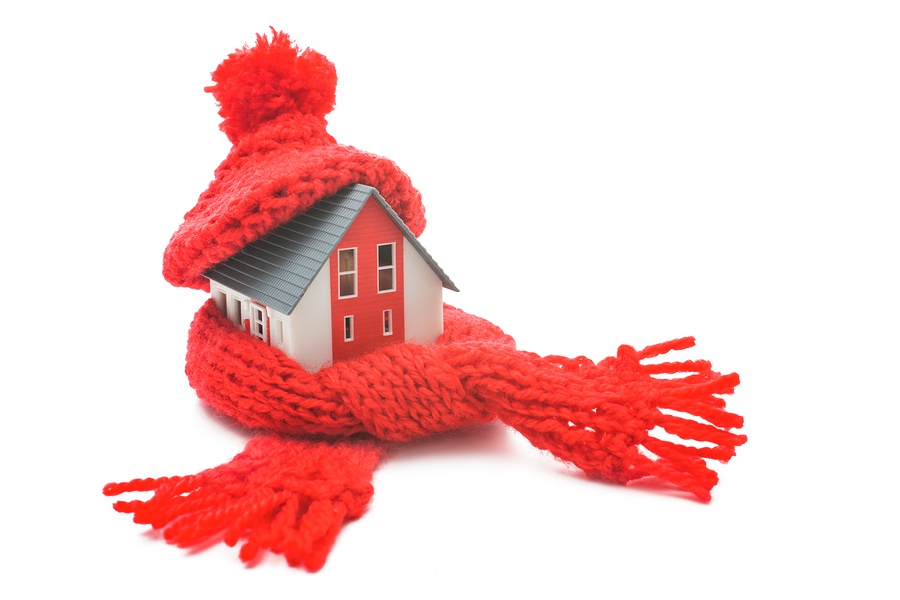
Insulation is a pretty amazing thing. It keeps your house warmer in the winter and cooler in the summer. So how does insulation work? Here's a look at the science behind insulation and why it is so important for your home.
How Heat Moves
Conduction and convection are two methods of heat transfer that affect your home’s ability to maintain its temperature. Conduction refers to the way that heat moves through solid materials. Feeling the warmth of your coffee when you touch the outside of your mug is an example of conduction, because the warmth is being transferred through the walls of your coffee cup. Heat’s movement through liquid or gasses is called convection. Convection is the reason that warm air rises.
Heat Loss in Your Home
Heat can escape from your home in many ways. Of that heat, about 15% is lost through the floors, 25% through doors and windows, 35% through the walls, and 25% escapes through the roof. These numbers show just how big of an impact proper insulation in your home’s walls and roof can have.
A Never-Ending Battle
Heat naturally moves from warmer areas to cooler areas, until there is no longer a temperature difference between the areas. Because there is absolutely no chance of your home having a significant impact on the temperatures in the great outdoors, the struggle to maintain your home’s temperature is a never-ending battle. This is why insulation is so important – it serves as a shield to significantly reduce how much heat your home loses in the winter or takes in during the summer.
How Does Insulation Work?
When you get cold, you cover yourself with additional layers – maybe by using a blanket, jacket, or hat. These layers help to trap warm air near your body, which helps you keep warm. Insulation functions in a very similar manner. By filling the cavities in your walls and roof with loosely packed, air-filled materials, the transfer of heat is significantly reduced. This is what keeps the heat inside in the winter and outside in the summer. There are many different materials used to insulate houses, such as vermiculite, glass fibers and shredded recycled paper.
Environmental Benefits
By insulating your home, you are making it more energy-efficient. Because the insulation reduces the amount of heat and air conditioning your home loses, it reduces how often you need to run your HVAC unit in order to keep your home comfortable. This reduces your environmental footprint while also saving you money on your electric bill every month.
If you’re wondering, how does insulation work for my home? Contact First Quality Roofing & Insulation to schedule a free evaluation and see how professional insulation can benefit you. Call us today at 702-262-7847.

















